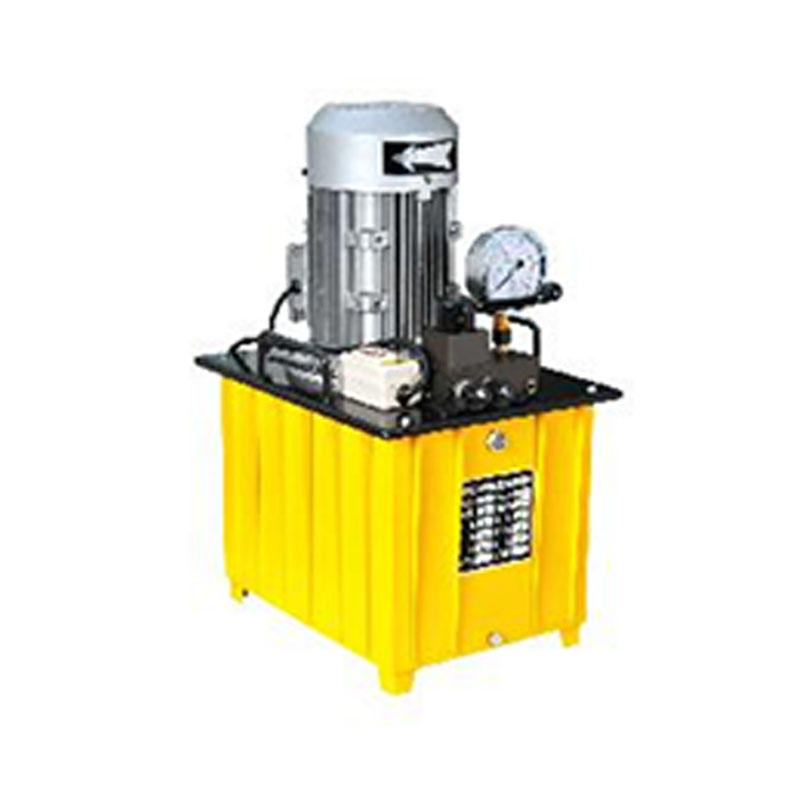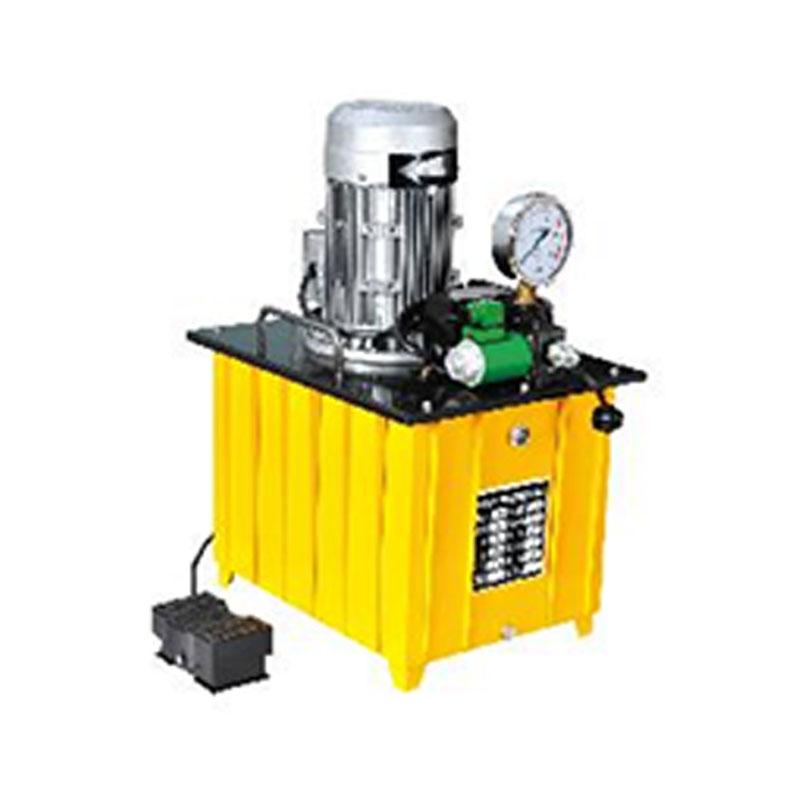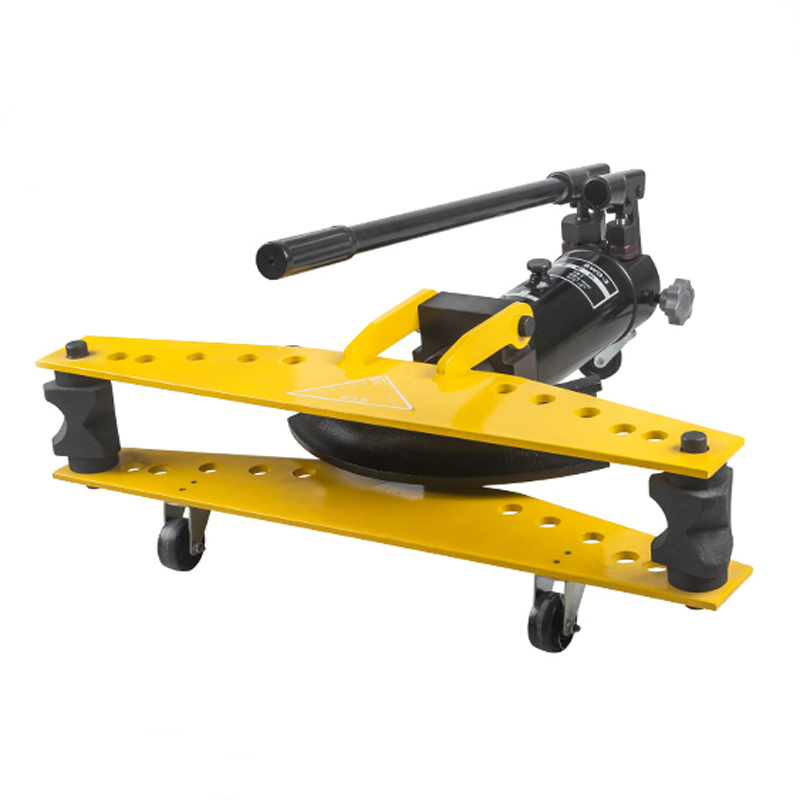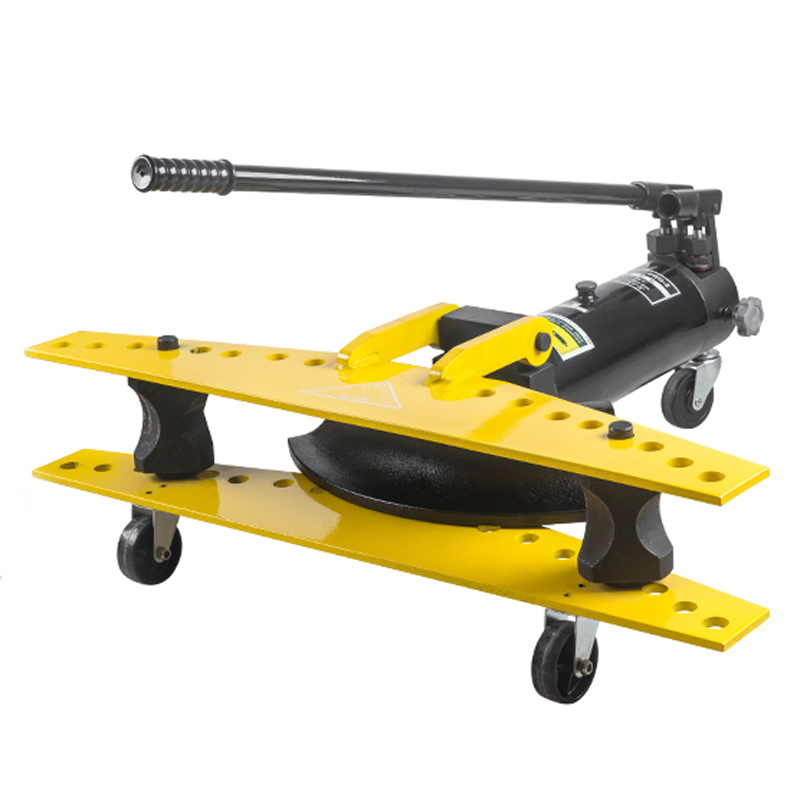CP-180 manual hydraulic pump portable and lightweight high-pressure manual pump 70Mpa plunger pump
 2025.06.25
2025.06.25
 Industry News
Industry News
Durability is one of the important factors when assessing the quality and suitability of a hydraulic pump for industrial or mobile equipment. A durable pump can withstand harsh conditions, continuous usage, and variable loads without frequent failure or decline in performance. Understanding what contributes to a hydraulic pump's longevity can help system designers and operators choose the right solution for their applications.
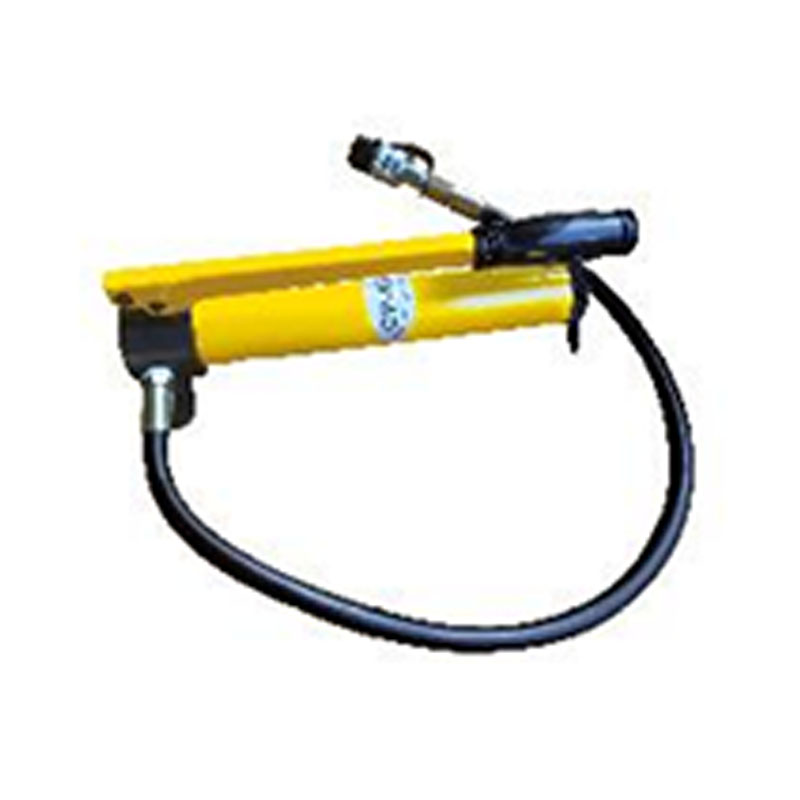
Materials and Construction Quality
The durability of a hydraulic pump is largely influenced by the quality of its materials and construction. Pumps manufactured with high-strength alloys, hardened steel components, and corrosion-resistant coatings are better suited for long-term use. Precision in machining and tight tolerances also play a role, as they reduce internal leakage and mechanical wear.
Well-constructed pumps often feature reinforced housings, high-grade shaft seals, and wear-resistant internal surfaces. These components collectively reduce the risk of early degradation, particularly in applications involving high pressure, abrasive fluids, or bad environmental conditions.
Effect of Operating Conditions
The environment in which the pump operates greatly impacts its durability. Exposure to bad temperatures, high humidity, or contaminated fluids can accelerate the wear of seals, bearings, and internal mechanisms. Pumps used in clean, well-maintained hydraulic systems typically last longer than those in harsh or poorly regulated environments.
The duty cycle—how often and how hard the pump runs—also matters. A hydraulic pump that runs continuously at or near its rated pressure and flow is more likely to experience fatigue and early failure than one operating within recommended parameters. Choosing a pump with capacity headroom helps extend its useful life.
Importance of Fluid Quality and Maintenance
Hydraulic fluid is both the medium for power transmission and the lubricant for moving parts. If the fluid is of poor quality, contains contaminants, or has degraded, it can cause increased friction, overheating, and component erosion. Regular fluid changes, proper filtration, and maintaining the correct viscosity are all essential for ensuring the durability of a hydraulic pump.
Maintenance is another key element. Even the designed pump will suffer from shortened life if maintenance is neglected. Periodic inspection of seals, bearings, and drive components, along with fluid analysis, helps detect wear or contamination early, preventing costly breakdowns and extending equipment lifespan.
Design Features That Support Longevity
Many hydraulic pumps are engineered with specific features to enhance their long-term reliability. Some include advanced sealing technologies that reduce internal leakage and protect against the ingress of contaminants. Others incorporate balanced pressure plates or noise-reducing mechanisms that reduce vibration and stress on internal components.
Variable displacement pumps, for instance, offer enhanced durability in dynamic load environments by adjusting their output to match system demand. This not only reduces energy usage but also lowers mechanical stress, resulting in longer operating life.
Signs of a Durable Pump
Operators looking for a durable hydraulic pump should consider manufacturers with a strong track record of reliability, industry certifications, and extensive performance testing. Look for detailed product specifications that indicate pressure ratings, service life expectations, and compatibility with various fluids. Pumps backed by robust warranties and support programs also reflect a commitment to product longevity.
Conclusion
A hydraulic pump's durability depends on many interrelated factors, including materials, engineering design, operating conditions, fluid quality, and maintenance routines. With the right combination of these elements, a hydraulic pump can provide reliable, long-lasting service even in demanding industrial or mobile environments. By investing in high-quality components and following proper maintenance practices, users can improve the return on investment and reduce downtime over the life of their hydraulic systems.



 Español
Español русский
русский
